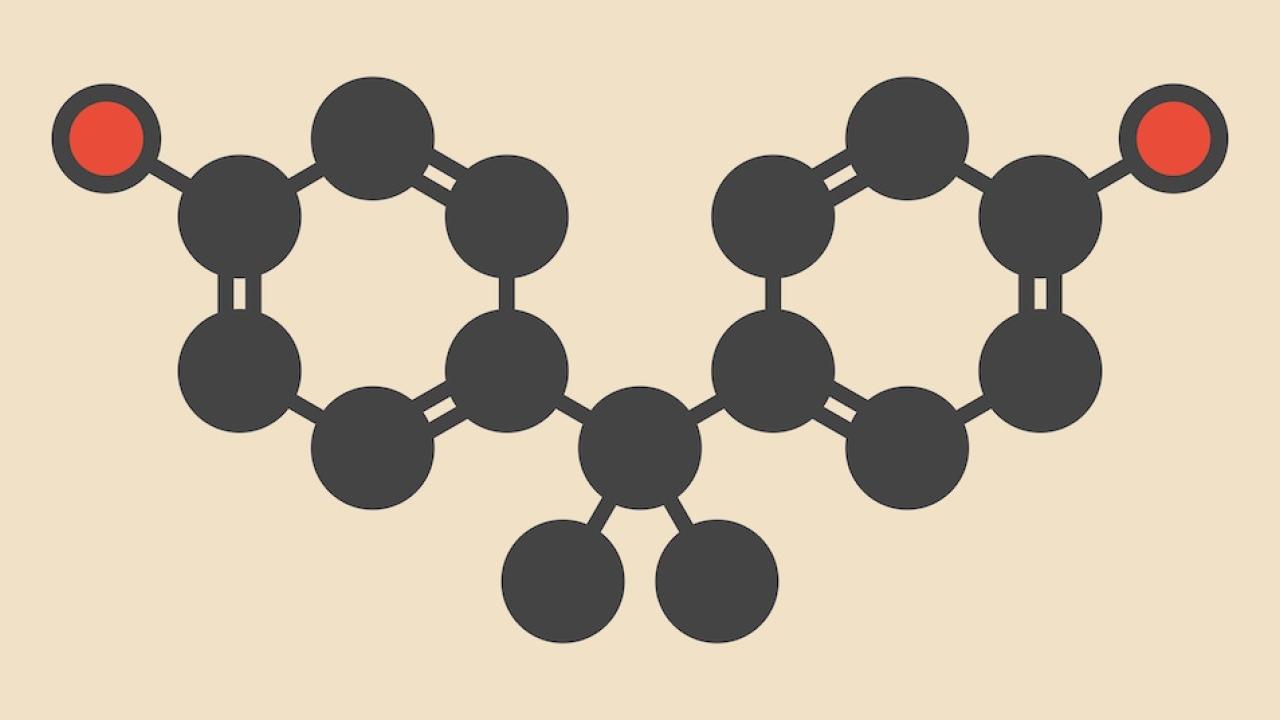
In a sign that exposure to certain endocrine-disrupting chemicals may be playing a role in cancers of the breast, ovary, skin and uterus, researchers have found that people who developed those cancers have significantly higher levels of these chemicals in their bodies.
While it does not prove that exposure to chemicals like PFAS (per- and poly-fluoroalkyl substances) and phenols (including BPA) led to these cancer diagnoses, it is a strong signal that they may be playing a role and should be studied further.
The study showed that particularly for women, higher exposure to PFDE, a long-chained PFAS compound, had double the odds of a previous melanoma diagnosis; women with higher exposure to two other long-chained PFAS compounds, PFNA and PFUA, had nearly double the odds of a prior melanoma diagnosis.
The study showed a link between PFNA and a prior diagnosis of uterine cancer; and women with higher exposure to phenols, such as BPA (used in plastics) and 2,5-dichlorophenol (a chemical used in dyes and found as a by-product in wastewater treatment), had higher odds of prior ovarian cancer diagnoses.
The study was conducted by researchers from UC San Francisco (UCSF), University of Southern California (USC) and University of Michigan, all of whom are part of a National Institutes of Health-funded Environmental Health Sciences Core Centers.
They used data from blood and urine samples from more than 10,000 people in the National Health and Nutrition Examination Survey (NHANES). They investigated current exposure to phenols and PFAS in relation to previous cancer diagnoses, and explored racial/ethnic disparities in these associations.
The study appears Sept. 17, 2023, in the Journal of Exposure Science & Environmental Epidemiology.
“These findings highlight the need to consider PFAS and phenols as whole classes of environmental risk factors for cancer risk in women,” said Max Aung, PhD, senior author of the study who conducted the research while at the UCSF Program on Reproductive Health and the Environment and is now an associate professor of environmental health at USC Keck School of Medicine.